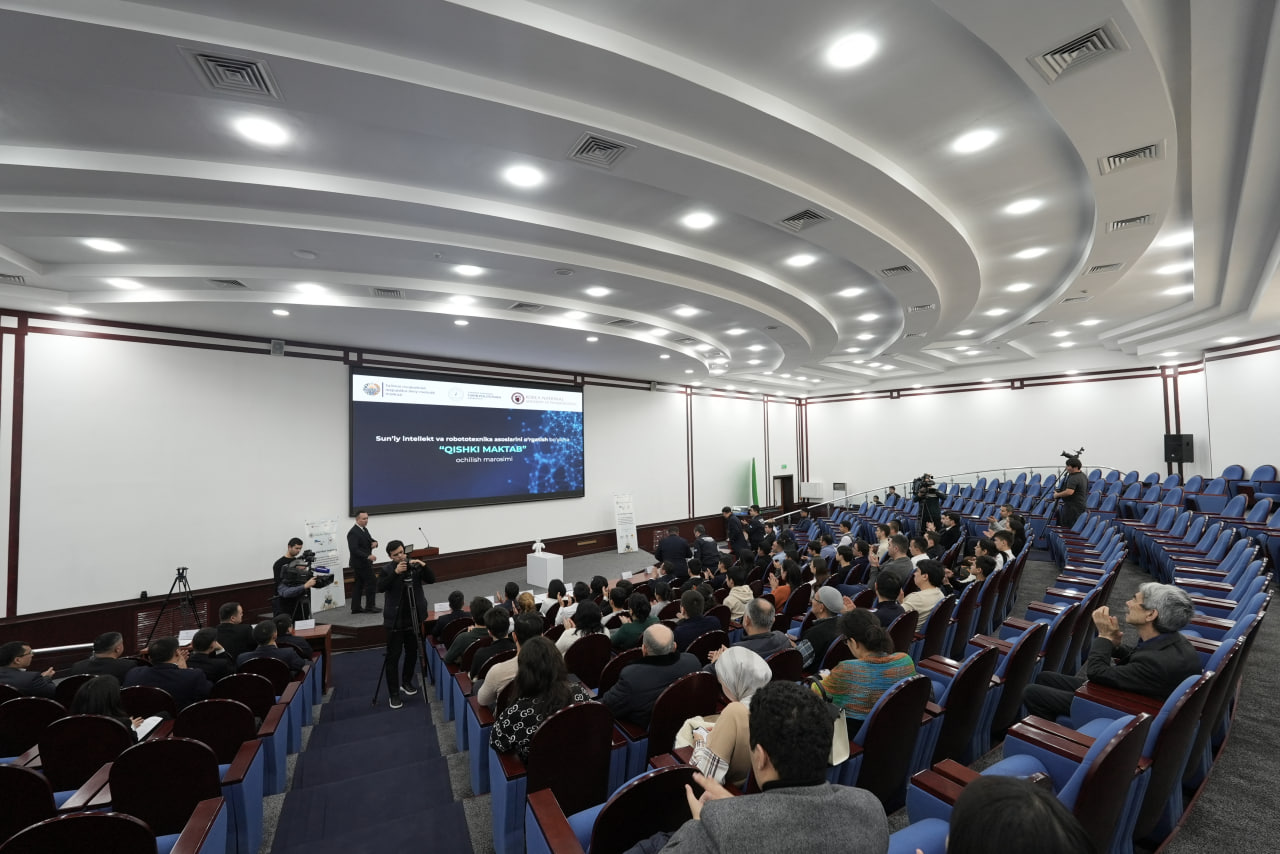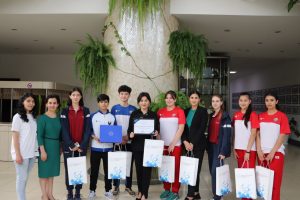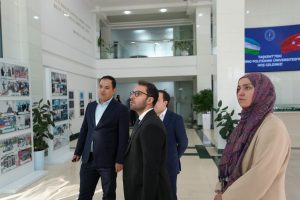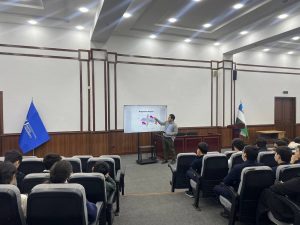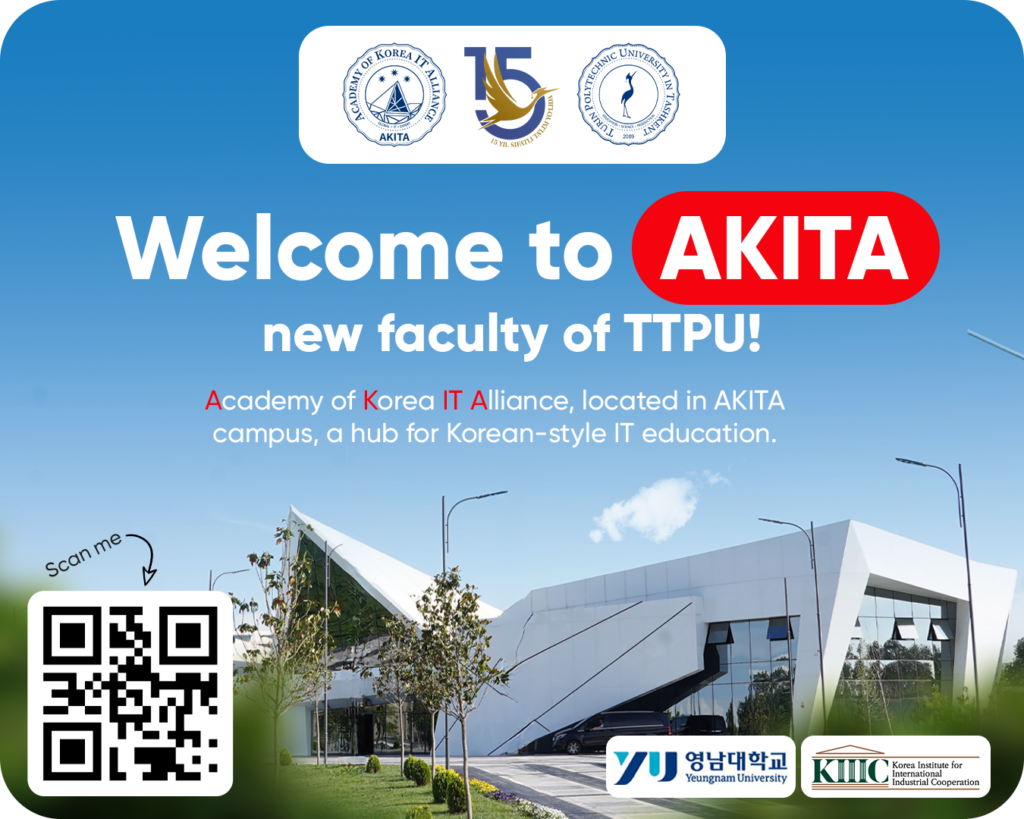The Presidential Resolution of the Republic of Uzbekistan No. PQ-128, dated April 20, 2023, outlines the need to conduct analytical and practical research aimed at developing the education sector, as well as preparing scientific developments and recommendations for the extensive use of global science and technology achievements in the educational process.
To implement this resolution, an ODA grant project funded by the Korean Ministry of Education is planned in collaboration with South Korea’s Korea National University of Transportation (KNUT) to improve the teaching of Artificial Intelligence and Robotics within the framework of the Informatics and Information Technology subject for high school students during 2026–2030.
On January 6 of this year, the opening ceremony of the “Winter School” on teaching the basics of Artificial Intelligence and Robotics was held at the Turin Polytechnic University in Tashkent in collaboration with the Republican Scientific and Methodological Center for the Development of Education of the Republic of Uzbekistan and KNUT.
The opening ceremony of this project, aimed at increasing students’ interest in STEM subjects and inspiring them to pursue higher education in engineering, was attended by TTPU Rector O. Tuychiev, Acting Director of the Republican Scientific and Methodological Center for the Development of Education of the Republic of Uzbekistan Yu. Risyukova, KNUT Professor Ryum Duck Oh, as well as university faculty members, students from Tashkent schools, and their teachers.
During the opening ceremony, a professor from Korea National University of Transportation conducted a master class for students on automating the manufacturing industry in the 21st century, highlighting the importance of gaining knowledge in robotics and artificial intelligence.
The educational sessions, scheduled for January 6–10, involve 24 students from grades 10 and 11 and 12 teachers of “Informatics and Information Technology” from schools located in 12 districts of Tashkent.
To make the training more engaging, the Korean partners provided Arduino kits and PIBO robots to establish the material and technical base for the Robotics Laboratory. These tools give students the opportunity to apply their theoretical programming knowledge to robotic devices.
It is worth noting that the positive experiences gained from this pilot project are planned to be extended to schools in remote areas of the country using a mobile laboratory in the future.



